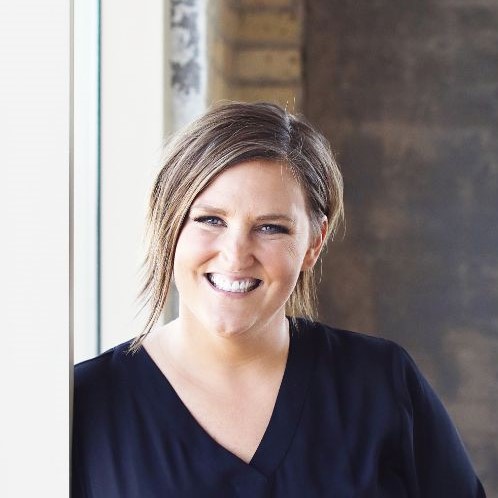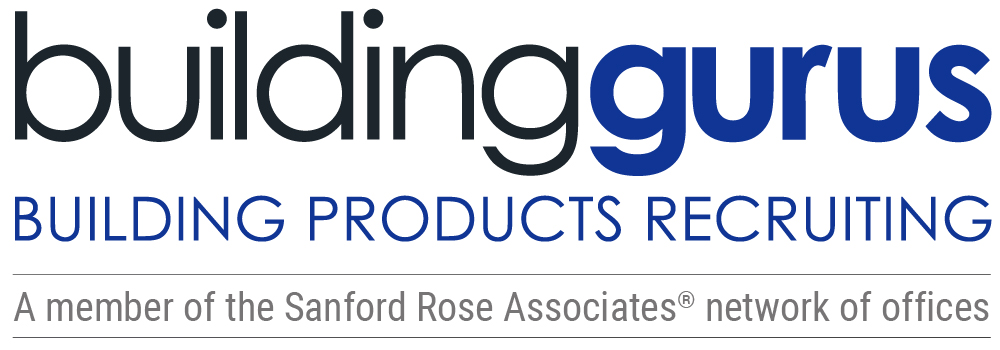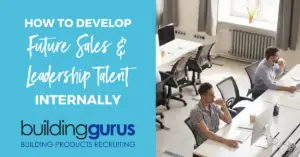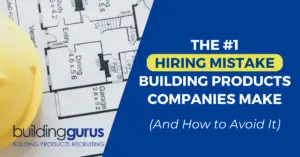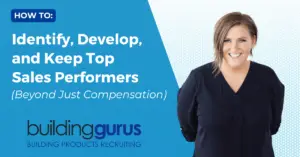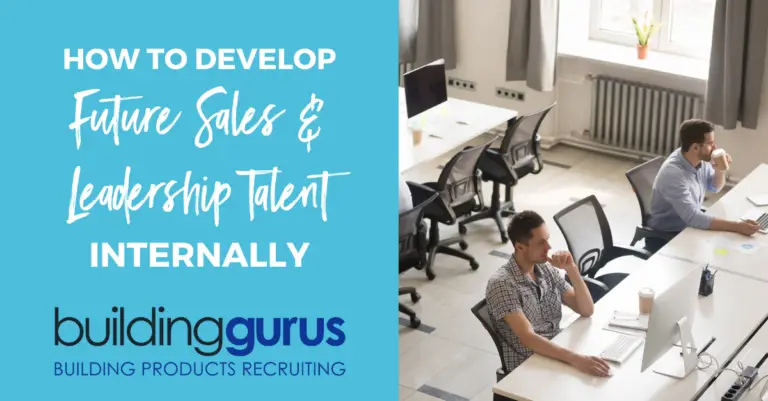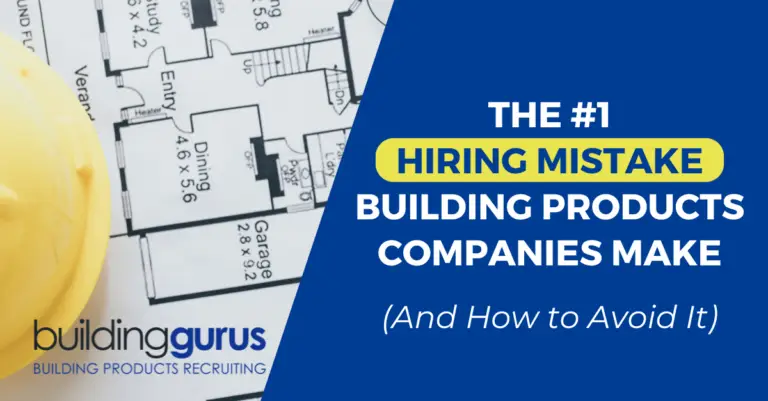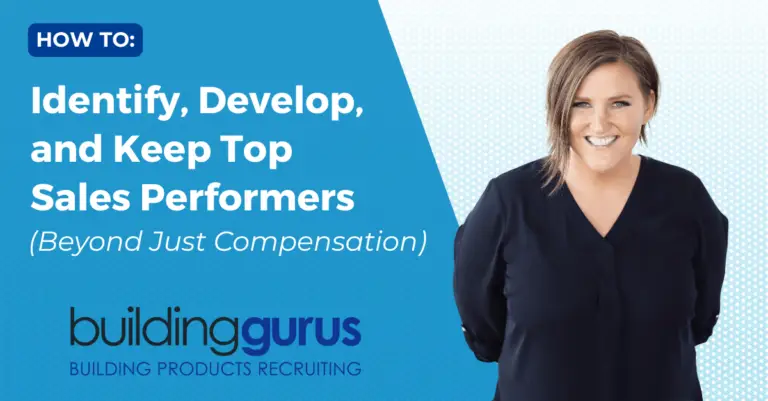Conducting a successful interview process is an important step in the overall hiring process. Once you find candidates that meet your requirements (or at least most of your requirements), you need to be able to evaluate them to ensure that they can do the job, as well as fit into your company's culture. A lot of people overlook the importance of being prepared for conducting an interview, and have their list of standard questions and assume they’re ready. To ensure that you’re ready to conduct effective interviews you’ll want to use the following steps:
Prepare for the interview
Phone Interviews
In-Person Interviews
Selection Tools
Extending the offer
1. Prepare for the interview
The obvious first step in being prepared before an interview is to make sure you know what questions you’re going to ask, which we’ll cover more in the interview sections, but it’s also important to familiarize yourself with what questions you shouldn’t ask. To make sure you’re covered you should always make sure you know what questions not to ask, even if the person opens the door to the subject.
You also need to make sure you review the person’s resume. Hopefully you’ve had a lot of applicants and a lot of good candidates going forward. It’s easy for resumes to run together, so giving the candidate’s resume a quick review is always a good idea. You need to make sure that you’re remembering the right person and what they’re work history looks like. You’ll surely go through their work history and what they did during the interview, but it’s still important to have a general understanding before you start asking the questions.
One last thing to think about as you prepare for the interviews is to think about your employer branding, which is managing how your company is perceived by people within and outside your company. Not just your overall employer branding, but how you can demonstrate your employer branding in interviews. Right from the start when you’re communicating with potential employees, there are things you can do to really wow them with your employer branding.
2. Phone Interview
I always recommend starting with a phone interview. Phone interviews are an easy way to get through basic questions about their work history to make sure that they have or haven’t done what you need them to do. It’s also a great way to get the deal breakers out of the way before they spend all the time getting ready and coming in for an in-person interview, especially if it will require a lot of travel. Some common deal breakers can be the time of commute, especially in large metros, or business hours. Maybe it’s an internal sales position, which requires the employee to work Saturdays. Starting with a phone interview is a great way to get some must haves out of the way without a huge time commitment. It’s also a great time to find out their compensation requirements. You’ll want to have a general idea if you’re in the same ballpark at this stage before you get to the end of the process.
Phone interviews are a great way to cover some basic questions, and it can be done in a very easy format. The best part about phone interviews is that if something comes up, and you know this person isn’t going to be the one, it’s much easier to end a phone interview early. If a person comes into the office and you know that they’re not the one, it’s a lot harder to end the interview early without a person feeling like it was a waste of time.
3. In-person interviews
Now that you’ve covered the basics and any potential deal breakers and you have your pool of candidates whittled down, you’re ready to bring them in to really get to know them. The in-person interview is a lot more of a time commitment than a phone interview, but this is when you really get to learn more about the candidate, not just their job skills. Your questions should be a lot more in depth at this stage. They should be a mix of situational and behavioral based questions. Remember to ask follow up questions to probe deeper into what they’ve done. Getting past their first rehearsed answer will allow you to really understand who they are and what they’ve done. Here are some of my favorite interview questions.
Of course in this day and age the in-person interview doesn't actually have to be in-person. Even before the COVID pandemic video interviewing was being used, but now it’s even more common. If you don’t feel comfortable having a bunch of people coming in and out of your office, or just want to save time, then video interviews are a great way to go.
4. Selection Tools
When it comes to tools for selecting the best candidate for your open position, nothing is more important than an interview, but there are many other tools you can use to help in your selection process. Assessments that evaluate job knowledge, personality, cognitive ability, skills, etc are a great way to evaluate candidates. There are many job and industry specific assessments to choose from.
A couple standard selection tools that companies use when selecting candidates is background check, which we recommend everybody should do for new hires. Drug testing is another common selection tool, which depending on the position can be very effective. A less common, but potentially very useful, selection tool is a pre-hire project. A pre-hire project is simply a project you give prospective candidates to test their abilities and knowledge.
Another common tool, which we don’t believe is worth the time, is reference checks. In fact we believe they’re a waste of time. People are smart enough to know they should pick people that like them and will say good things about them, if they’re allowed to say anything at all. A lot of companies only allow people to verify a person’s employment with the company. Another practice we’re not a fan of is backdoor reference checks. Backdoor reference checks are when you know somebody that works for one of their previous employers, so you decide to ask around to see what you can find out about them. The two biggest problems with this is that if it’s their current employer, then you run the risk of informing the company that one of their employees is looking into leaving. Another problem is that you don’t actually know their history, maybe there was a misunderstanding years ago and the person still holds a grudge. No matter the situation, it’s not worth it to try and find out more about the person.
5. Extending The Offer
The final step is extending the offer. At this point you should know enough about all your candidates, that you can feel confident in the top few candidates and more importantly the top candidate that you’re going to extend the offer to. One of the most important things is that time kills deals. You can’t wait around for the perfect hire. At this point you should’ve already talked about compensation, so you have an idea of what they’re currently making and/or looking to make. You also need to be aware and think of things from the candidates perspective, and know some of the reasons candidates do reject offers.
By really knowing your candidates, what they have to offer and what you can offer them, you can be sure you have the best candidate and an offer they’ll be ecstatic to say yes to!
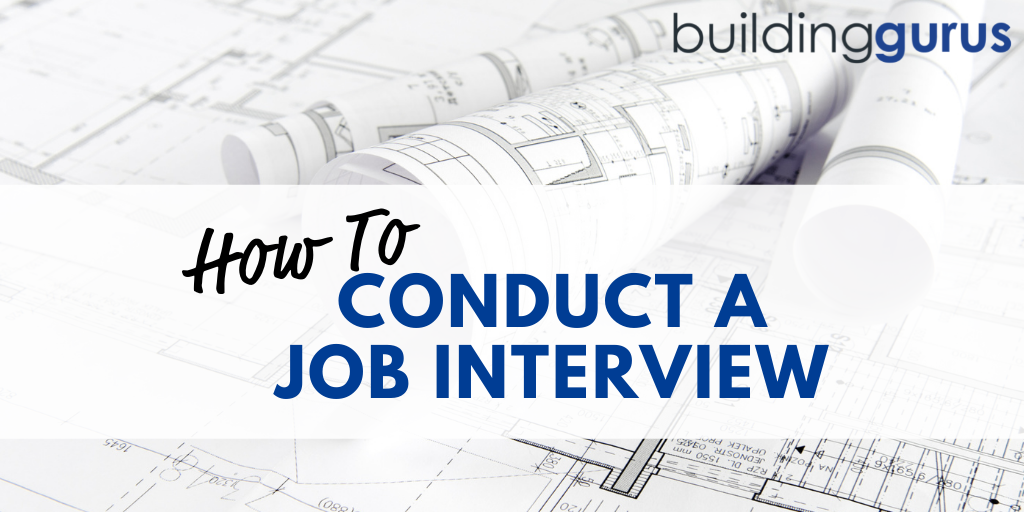
How To Conduct A Job Interview
Share:
Related Posts
Never Settle For The Best That Applied Again!
Recent Posts
Categories
